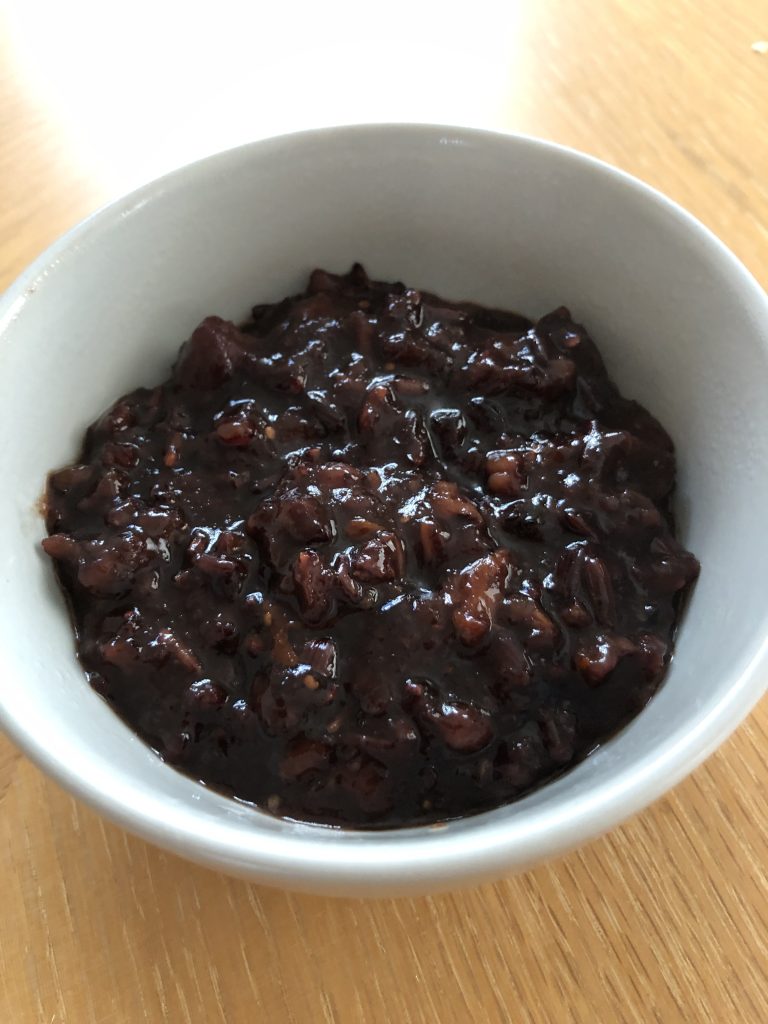The Health Benefits of Pu Erh Tea in Chinese Medicine and Modern Science

For thousands of years, Pu-Erh Tea has been used in Chinese medicine for its health benefits. Here at the Bright Side Family Acupuncture, we love to introduce patients to the unique qualities and taste of Pu-Erh tea. Pu-Erh is a unique type of microbial-fermented green tea with a smooth earthy flavour, originating from China’s Yunnan province. There are two types of Pu-Erh tea, the raw and the ripened Pu-erh tea, which differ in flavour and biochemical profiles.
Pu-erh Tea in Traditional Chinese Medicine (TCM)
In Chinese medicine, Pu-erh tea is highly valued for its ability to balance the body and support digestion and detoxification. Pu-erh tea is considered to have a warming nature, especially its ripe form, which makes it suitable for individuals with cold or sluggish digestion.
Key benefits of Pu-erh Tea in Traditional Chinese medicine
- Aid in Digestion and Reducing Food Stagnation One of the most prominent uses of Pu-erh in Chinese medicine is to aid digestion. Its warming properties help stimulate the digestive system, making it effective for breaking down rich, fatty foods.
- Detoxification Pu-erh tea’s ability to detoxify the body is another key benefit. In Chinese medicine, it is considered to help the liver metabolise toxins and clear internal dampness and phlegm.
- Weight Management By harmonising the spleen and stomach, it supports fat metabolism, helps with bloating, and aids digestion.
- Warming and Strengthening the Stomach For those with a cold stomach or digestive issues caused by consuming raw, cold foods, ripe Pu-erh tea is used to warm and protect the stomach. Its mild warmth helps nourish the digestive tract, making it an ideal daily tea for those with weak digestion.
Pu-erh Tea in Modern Science
There is research on the biochemical properties of Pu Erh tea and its potential role in preventing and managing various diseases. The specific active compounds present in Pu-erh tea include polyphenols, catechins, flavonoids, and statin-like molecules (Wang et al., 2021, Zhao et al., 2013). These substances are linked to numerous health benefits, such as lowering cholesterol, supporting lipid metabolism, combatting oxidative stress and regulating blood glucose levels (Jia et al., 2022).
Incorporating Pu-erh Tea into Your Routine
If you like to incorporate Pu-erh tea into your daily routine and fully benefit from its properties, we recommend:
- Have your Pu-erh AFTER MEALS.
- Keep it to one or two cups a day. Like with any caffeinated tea, moderation is key (see side effects below).
- Boil water and let cool to 90 degrees Celsius.
- Steep tea for 2-3 minutes.
- Here’s a link to an organic pu erh tea available online and in many organic or health food shops in Australia.
Side Effects
While Pu-erh tea offers numerous health benefits, do not consume it in excess. It is important to be aware of potential side effects:
- Caffeine-related Side Effects
Pu-erh tea contains caffeine, which can lead to sleep disturbances if consumed in large quantities, especially later in the day. Some people may experience nervousness or increased heart rate if sensitive to caffeine.
- Digestive Issues
While Pu-erh tea is often praised for aiding digestion, drinking it on an empty stomach may cause discomfort due to its acidity.
- Iron Absorption Inhibition
Like other teas, Pu-erh contains tannins, which can inhibit the absorption of non-heme iron (from plant-based foods). This may be a concern for individuals with iron deficiency.
- Low Blood Pressure
Pu-erh tea is known to lower blood pressure slightly due to its relaxing effects on blood vessels.
- Pregnancy and Breastfeeding Considerations
Pregnant or breastfeeding women should limit their intake of caffeinated beverages, including Pu-erh tea. Pregnant women should be cautious and choose high-quality, properly processed teas from reputable sources to avoid harmful bacteria or mould in improperly stored or fermented Pu-erh tea.
- Dehydration
Pu-erh tea, like other teas, has a mild diuretic effect, which can increase urine output and potentially lead to dehydration if consumed excessively without enough water intake.
- Quality Control
Additionally, selecting high-quality Pu-erh from reputable sources can reduce the risk of contaminants or poor fermentation processes. You can find Pu Erh tea online, in Organic and Health Food Shops as well as special tea shops.
Do you have questions about Pu-Erh tea or Chinese medicine dietetics? Here at the Bright Side Family Acupuncture in Wilston (Brisbane), we love to introduce our patients to the unique qualities and flavour this tea offers. If you are interested in learning more, visit our booking page or send us a message so we can schedule a free 15-min discovery call for you!
References



